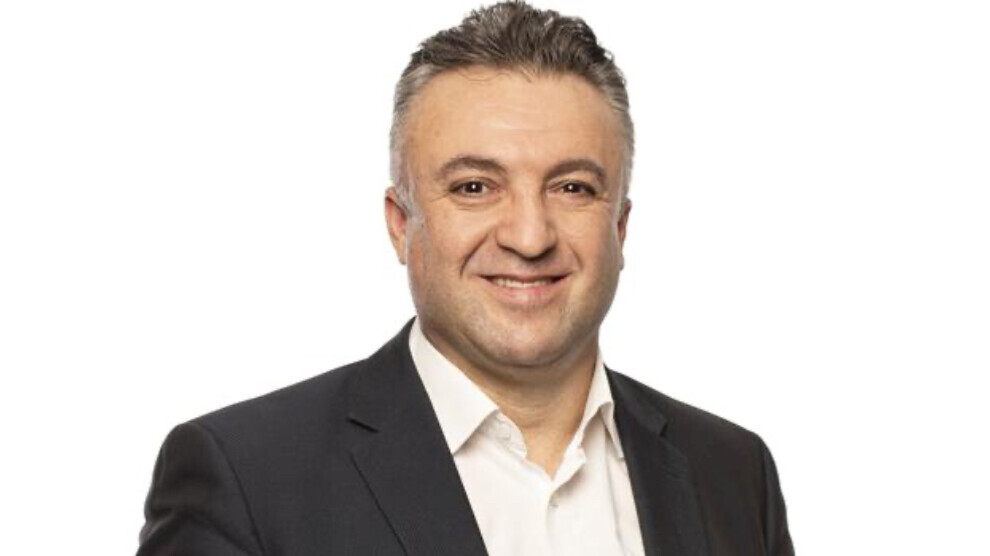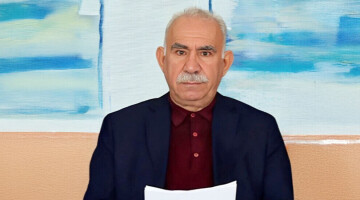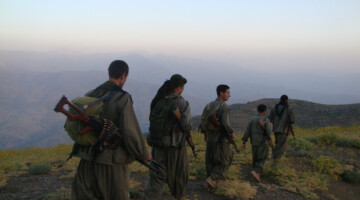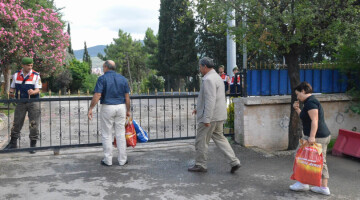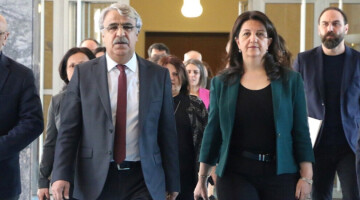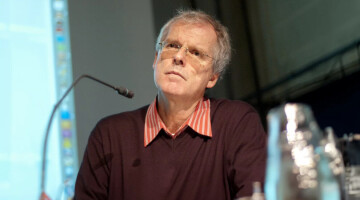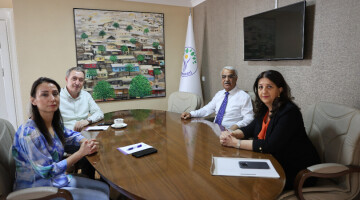Following the decisions announced by the PKK at its 12th Congress to disband and disarm, Cindi Tuncel, spokesperson for international relations of the German Left Party (Die Linke) Bremen state parliamentary group, issued a statement calling on the Turkish and German governments to take responsibility.
According to the statement published on Die Linke's website, Cindi Tuncel referred to the final declaration of the PKK’s 12th Congress and said that “the mission to break the decades-long policy of denial and assimilation has been fulfilled.”
Cindi Tuncel pointed out that, “The dissolution is the result of the initiative by Abdullah Öcalan, the founder of the party.”
“The Kurdish movement has taken a decisive step. We will see whether the Turkish state is prepared to make commitments after the end of the armed struggle, because the peace process cannot succeed unilaterally. The removal of democratically elected mayors from office and the trustee administration of regions predominantly inhabited by Kurds in Turkey must cease, and Kurds must be allowed to participate on equal terms: the Kurdish language, cultural identity, and representation in parliament are just a few of these rights. After 26 years in solitary confinement, Abdullah Öcalan, the founder of the party, and other political prisoners must be released.”
Cindi Tuncel called on Germany to take responsibility and abandon its repressive stance towards Kurdish associations, stating that the associations would play a positive role in the peace process.
Cindi Tuncel said, “The Movement will definitely continue its campaign for the political freedom of the Kurds. It is important that Kurdish cultural associations in Germany are no longer subjected to general suspicion and criminalization, but rather that their potential to play an important role in the peace process is recognized.”

